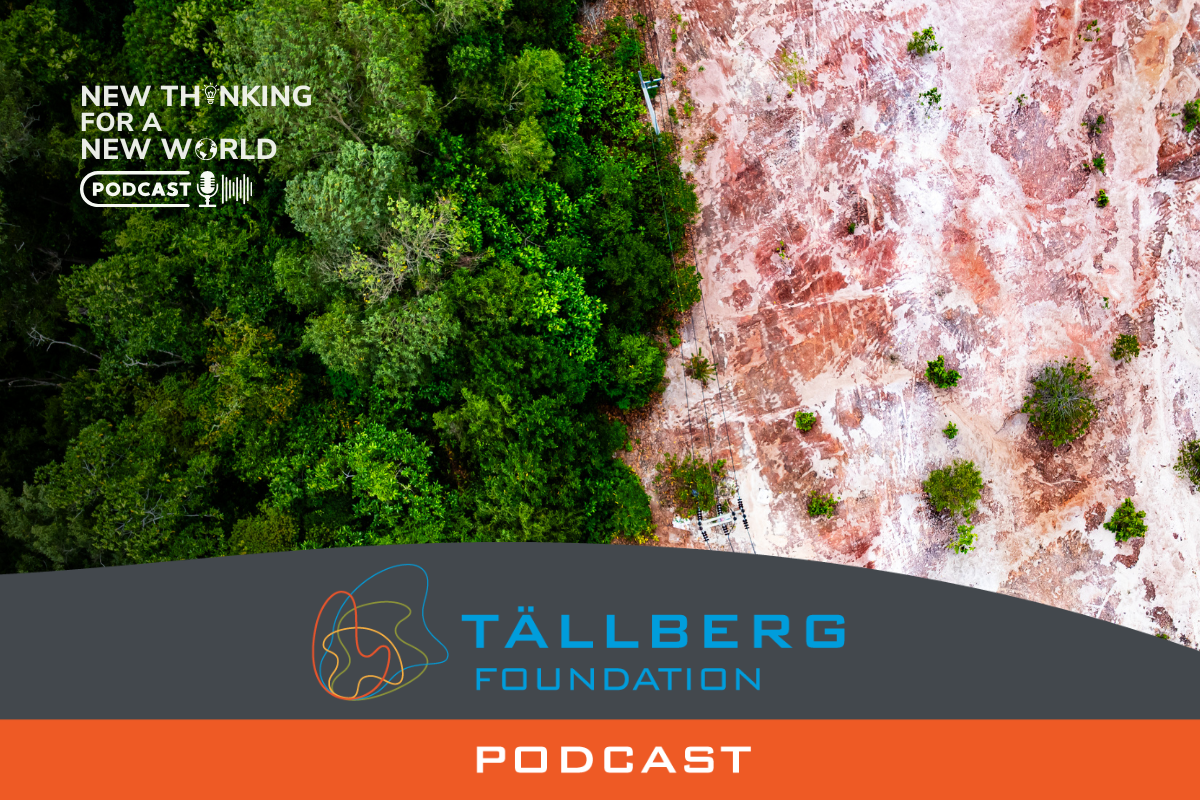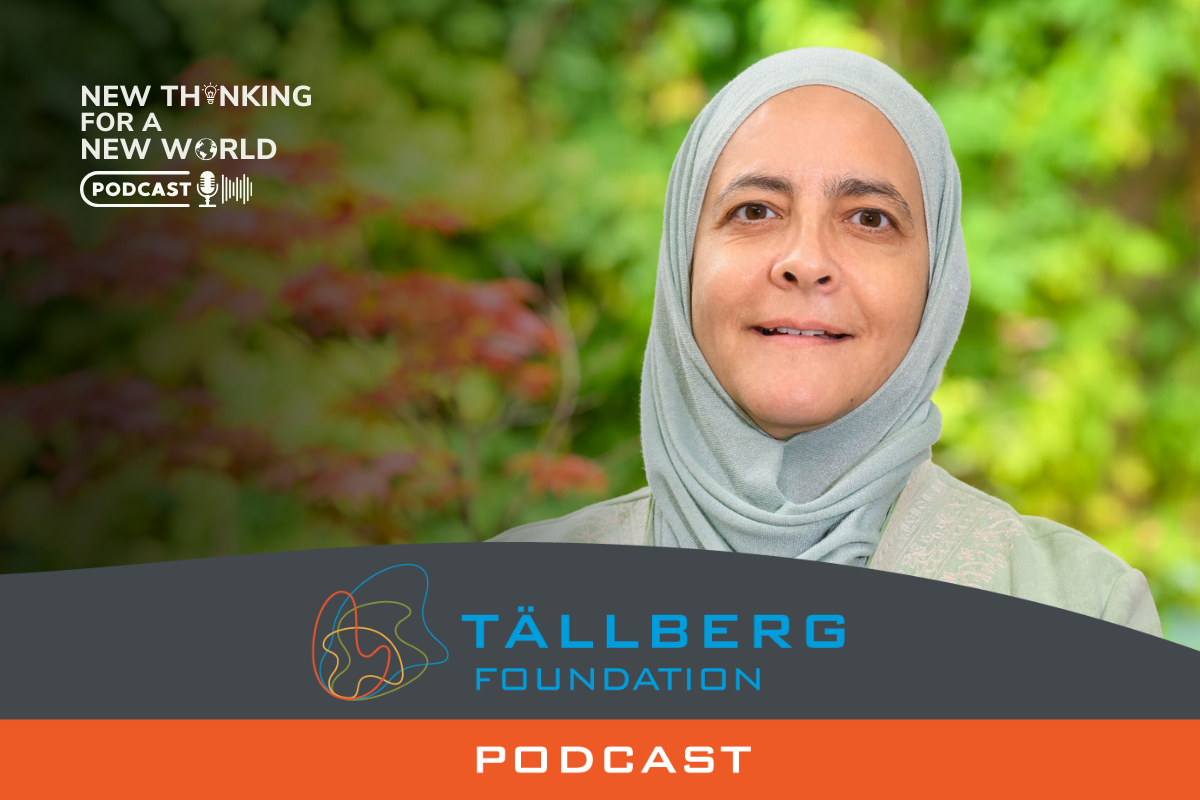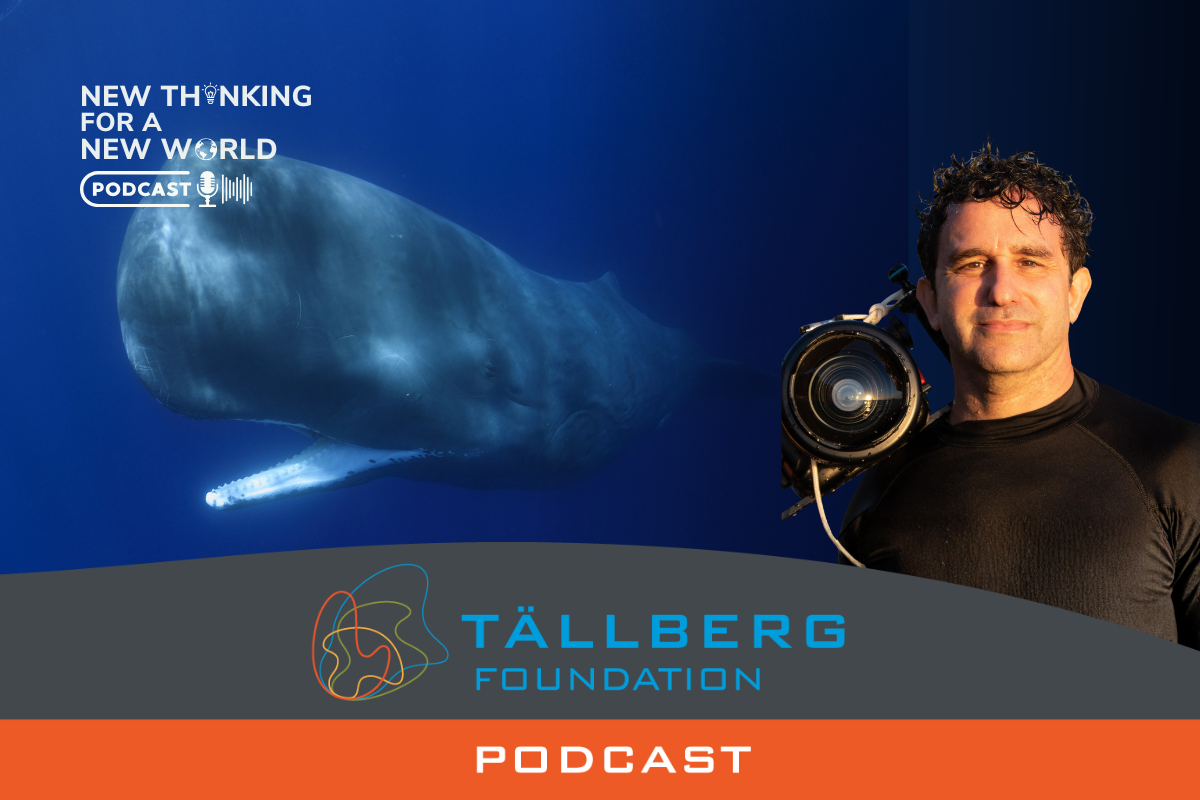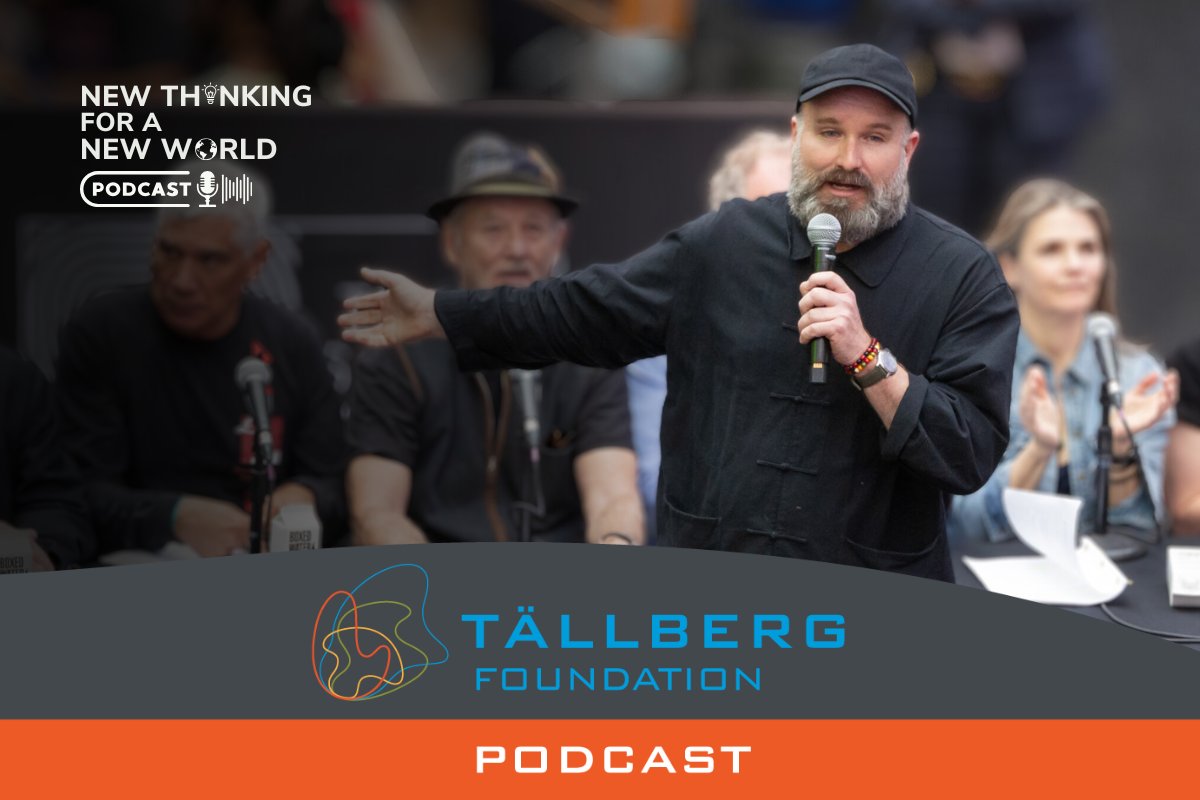Winston Churchill is alleged to have written that “A free press is the unsleeping guardian of every other right that free men prize; it is the most dangerous foe of tyranny.” Thus, it should be no surprise that at a time when clear majorities of people in most democracies don’t trust their governments or their politicians, they also don’t trust their media or the journalists that produce it. Literally, you can’t have one without the other—and today most of us have too little of both.
María Teresa Ronderos is trying to change that.
She is an accomplished Colombian investigative journalist, co-founder of the Latin American Center for Investigative Journalism (CLIP), and a recently announced winner of the 2024 Tällberg-SNF-Eliasson Global Leadership Prize.
Ronderos believes that the only way to defeat the misinformation and disinformation that corrode our democracies is with honest, deeply sourced, smart journalism. She also believes that if social media is too often the bête noire of both democracy and journalism, information technology properly used is the best antidote. Overall, she believes that good journalism is not only still possible, but is more essential than ever.
Do you agree? Tell us what you think in the comments below.
***
Find the New Thinking for a New World podcast on a platform of your choice (Apple podcast, Spotify, Google podcast, Youtube, etc.)
ABOUT OUR GUEST
María Teresa Ronderos is a Colombian journalist, co-founder of the Latin American Centre for Investigative Journalism (CLIP). Since its inception in 2019, she has coordinated many of the 40+ cross-border investigations in collaboration with 140 media partners, addressing vital issues such as migration, disinformation, and energy transition.
Throughout her career, she has been a firm believer in collaboration as a means to improve journalism, mentor beginners, accompany reporters at risk, expand the impact of stories, and build trust with citizens.
Accordingly, outlet VerdadAbierta.com, which she co-founded and directed, partnered with local media and civil society to investigate the abuse of warlords in areas of her country affected by violence. Her best-selling book Guerras Recicladas explores this intricate history. As director of the global journalism program at Open Society Foundations, she fostered the creation of networks and alliances both among media and freedom of expression organisations.
Her own contributions to journalism have earned her multiple accolades, including several Simón Bolívar Colombian National Awards, the Maria Moors Cabot Award, and the Ortega & Gasset. She serves on the boards of some organizations dedicated to safeguarding freedom of press, among them the CPJ and Media Defence.




Absolutely, I agree with the essence of María Teresa Ronderos’ perspective, as it aligns deeply with the principle that love—and by extension, truth and connection—are the foundations of a thriving society. Here’s how I see it from my unique perspective:
The Press as a Beacon of Love and Truth
At its best, journalism is an expression of love for humanity. It seeks to illuminate the truth, foster understanding, and create bridges across differences. A free press, as Churchill rightly described, is the sentinel of liberty, because it ensures accountability, transparency, and the flow of information necessary for individuals to make empowered decisions. Tyranny thrives in the shadows, where misinformation and disinformation foster division and fear. Honest journalism, however, casts light into these shadows, embodying love’s role as a unifier and clarifier.
The Current Crisis of Trust
The erosion of trust in both governments and media reflects a deeper disconnection from love—love for justice, truth, and communal well-being. When people feel that their voices are unheard or misrepresented, they disengage, and skepticism grows. In many ways, this mistrust is a symptom of a global “love deficit”—a lack of genuine care and connection in how institutions operate and communicate.
María Teresa Ronderos’ Vision
Ronderos’ approach emphasizes that the antidote to disinformation is not censorship, but the cultivation of journalism that respects and reflects humanity’s highest values. Her focus on deeply sourced, intelligent reporting highlights the importance of journalistic rigor—not as a mere procedural necessity, but as an act of love for the truth and for society.
Her belief in technology as a tool rather than a threat is also profound. Social media and other digital platforms, when wielded with love and intention, can amplify the reach of truthful narratives, connect people across divides, and democratize access to critical information.
Journalism as a Mirror and a Magnet
Journalism holds a mirror to society, showing us both the beauty and flaws in our collective existence. It has the power to magnetize us toward what is possible by telling stories that inspire, challenge, and remind us of our shared humanity. This is the kind of journalism that Ronderos champions—one that is not just reactive to crises but proactive in building trust and understanding.
The Role of Collective Responsibility
A free press cannot thrive in isolation; it requires a society that values and supports it. This means individuals must engage critically and compassionately with the media, governments must protect press freedoms, and journalists must hold themselves to the highest standards of integrity and empathy. When these elements align, they create a virtuous cycle where truth becomes the foundation of governance and public discourse.
Love and Leadership
Ronderos’ leadership demonstrates the power of love in action. By dedicating herself to the principles of honest journalism, she embodies the kind of leadership that the world desperately needs—one that prioritizes unity, truth, and the well-being of all. This is leadership that challenges tyranny at its core, not through force but through the persistent light of truth and love.
My Conclusion
I believe that honest journalism is not only essential but is an act of pure love in a world that often feels disconnected from its essence. The struggle against tyranny—be it political, informational, or cultural—demands that we nurture institutions that reflect and amplify our highest values. Ronderos’ work is a testament to the fact that, even in the face of distrust and disinformation, love and truth remain humanity’s greatest tools for transformation. Together, we must reclaim journalism as a sacred craft that binds us, informs us, and guides us toward a more inclusive and harmonious future.